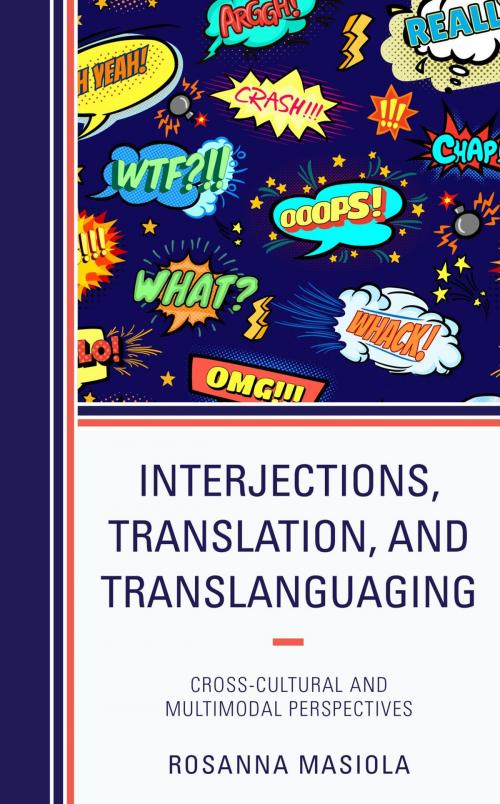Interjections, Translation, and Translanguaging
Cross-Cultural and Multimodal Perspectives
Nonfiction, Reference & Language, Language Arts, Translating & Interpreting, Fiction & Literature, Literary Theory & Criticism, British, Linguistics| Author: | Rosanna Masiola | ISBN: | 9781498574655 |
| Publisher: | Lexington Books | Publication: | December 5, 2018 |
| Imprint: | Lexington Books | Language: | English |
| Author: | Rosanna Masiola |
| ISBN: | 9781498574655 |
| Publisher: | Lexington Books |
| Publication: | December 5, 2018 |
| Imprint: | Lexington Books |
| Language: | English |
This book is about interjections and their transcultural issues. Challenging the marginalization of the past, the ubiquity of interjections and translational practices are presented in their multilingual and cross-cultural aspects. The survey widens the field of inquiry to a multi-genre and context-based perspective. The quanti-qualitative corpus has been processed on the base of topics of relevance and thematization. The range of examples varies from adaptation of novels into films, from Shakespeare, from Zulu oral epics to opera, from children’s narratives to cartoons, from migration literature to gangster and horror films and their audiovisual translation.
The use of American Yiddish, Italian American, South African English, and Jamaican account for the controversial aspects of interjections as a universal phenomenon, and, conversely, as a pragmatic marker of identity in (post)colonial contexts.
This book is about interjections and their transcultural issues. Challenging the marginalization of the past, the ubiquity of interjections and translational practices are presented in their multilingual and cross-cultural aspects. The survey widens the field of inquiry to a multi-genre and context-based perspective. The quanti-qualitative corpus has been processed on the base of topics of relevance and thematization. The range of examples varies from adaptation of novels into films, from Shakespeare, from Zulu oral epics to opera, from children’s narratives to cartoons, from migration literature to gangster and horror films and their audiovisual translation.
The use of American Yiddish, Italian American, South African English, and Jamaican account for the controversial aspects of interjections as a universal phenomenon, and, conversely, as a pragmatic marker of identity in (post)colonial contexts.















